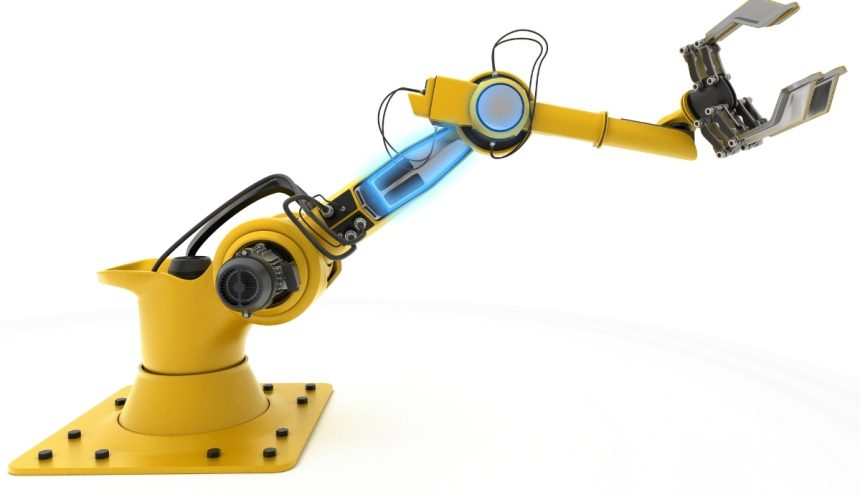Neptune Medical has announced significant advancements with the successful closure of a $97 million Series D financing round and the launch of a new subsidiary, Jupiter Endovascular Inc. The strategic move is intended to sharpen Neptune’s focus on gastrointestinal (GI) robotics while empowering Jupiter Endovascular to drive innovation in endovascular treatments. The new funding and spinout aim to bring transformative technologies to both fields, influencing patient care and treatment methodologies.
Neptune Medical’s recent activities highlight a notable shift in strategy and resource allocation. The appointment of surgical robotics pioneer Dr. Fred Moll as chair of its board signifies a strong commitment to advancing GI robotics. Meanwhile, Jupiter Endovascular exited stealth mode with $21 million in new financing, aiming to develop its Endoportal Control platform for catheter-based surgeries, which offers precision and control akin to direct surgical access.
Focusing on Endovascular Innovation
Jupiter Endovascular is spearheading the development of the Endoportal Control platform. This technology aims to provide the precision and control of surgical procedures within the minimally invasive realm of endovascular techniques. The Endoportal device navigates flexibly through the vasculature, allowing interventionalists to deliver treatments with high accuracy.
“
The Endoportal Control technology…is designed to give interventionalists the confidence and support they need to deliver a prescribed cardiovascular therapy,” noted Carl J. St. Bernard, newly appointed CEO of Jupiter Endovascular.
The company plans to utilize its funding for a pivotal trial focused on pulmonary embolism and to expand the clinical applications of its technology.
Sonder Capital, Other Investors Support Novel Approach
Significant support for the funding came from Sonder Capital and Olympus Corporation of the Americas, among other investors. These investments bolster Jupiter Endovascular’s novel approach to overcoming the limitations of traditional catheter-based therapies. Sonder Capital’s managing partner, Kate Garrett, emphasized the potential of Jupiter’s technology to address unmet clinical needs in complex cardiovascular anatomies.
The technological advancements propelled by Neptune Medical and Jupiter Endovascular mark a shift in the medical device landscape. The financial backing and strategic realignment of resources signal a robust commitment to innovation in both GI robotics and endovascular treatments. As these companies progress, their developments could significantly influence the methodologies and outcomes in these specialized medical fields.
The ongoing efforts to bring new technology to the market have previously seen similar approaches, but the current focus on combining surgical precision with minimally invasive techniques showcases a promising development. As with earlier innovations in the field, the ultimate impact on patient care and clinical practices will be closely observed by the medical community.
The newly secured funding for Neptune Medical and the strategic launch of Jupiter Endovascular are poised to propel advancements in medical technology. By focusing on both GI robotics and endovascular therapies, these initiatives may offer significant improvements in patient outcomes. The support from investors underscores the potential of these technologies in addressing complex medical challenges.










